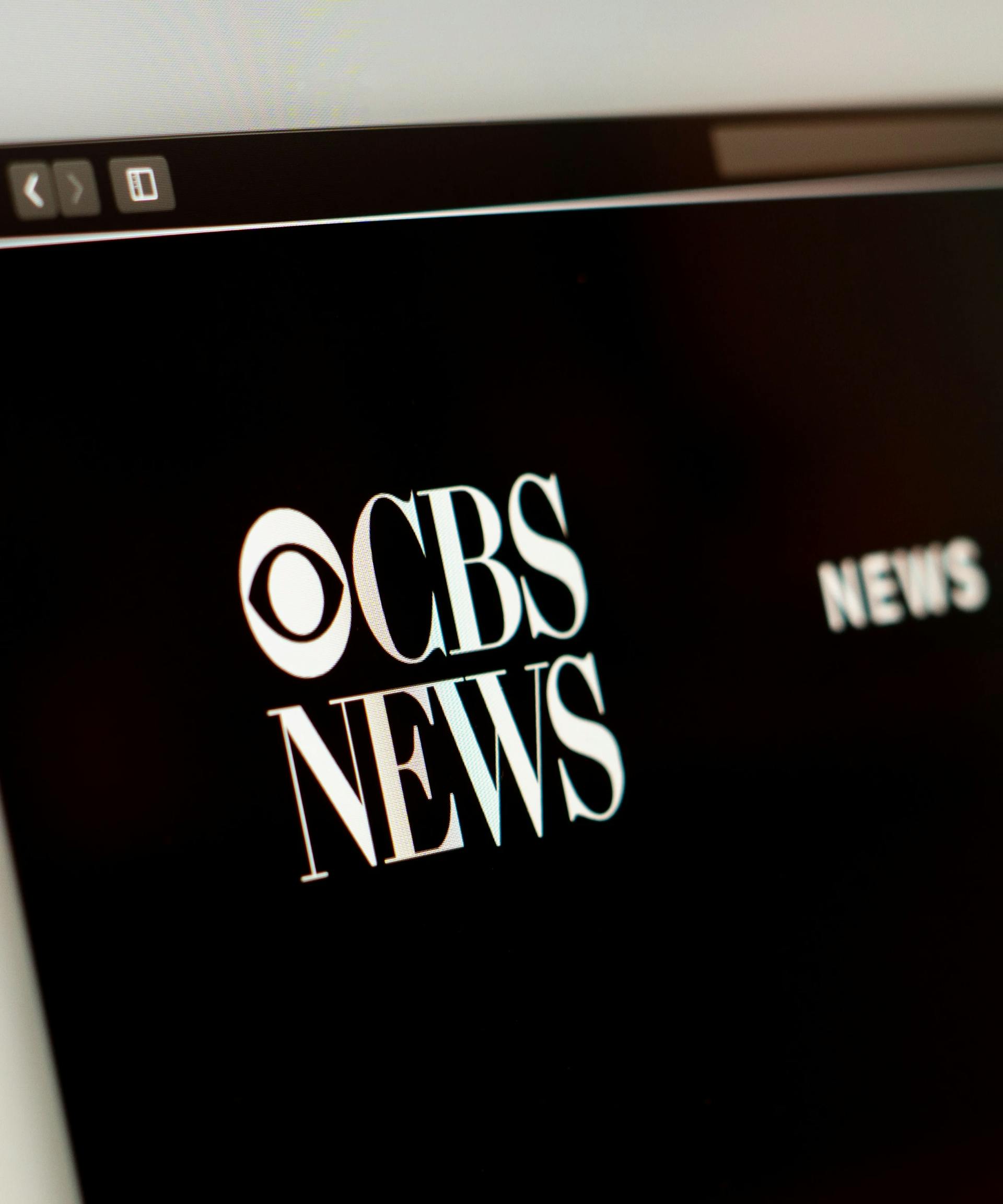CBS Was Caught Using Footage Of An Italian Hospital And Pretending It Was New York City
The major television broadcasting network “accidentally” used video clips of severely ill Italian patients and passed it off as reports from New York City — and just like that, the public was tricked into more panic.

News of the most serious cases of the Coronavirus has predominantly been centered in New York City, with the elderly population being the most impacted. CBS broadcasted footage of nurses rushing to patients’ bedsides, and showed clips of Governor Cuomo petitioning the federal government to send more medical aid. CBS took it upon themselves to help the governor convey a stronger sense of urgency — even to the point of outright plagiarism. Did CBS truly make a reporting mistake, or are we being fed manipulated, overly sensationalized news?
CBS “Mistakenly” Includes the Wrong Video in Report
Sky Network, a U.K. based news station, had aired video clips of patients succumbing to the deadly virus in Italy’s hardest-hit city, Bergamo, on March 19. Video clips showed frantic hospital workers desperately fighting to save patients who were hooked up to ventilators and pressure-equalizing equipment. The British network was attempting to depict how dire the situation in Italy had become, and could potentially become for the rest of the world, and CBS caught wind.
CBS aired the footage of the extremely ill patients in Italy, coupled with a plea from NY Governor Cuomo for more ventilators.
CBS aired the footage of the extremely ill patients in Italy, coupled with a plea from NY Governor Cuomo asking the federal government to send more than just 400 ventilators for the approximately 30,000 victims of the virus. Later, the news station admitted it made a mistake, telling Fox News it was “an editing mistake” and that they were “taking steps to remove it from all platforms and shows.”
How Do We Handle All the News?
Questions have arisen from the public, making us unsuspecting viewers wonder how we are being influenced to see the coronavirus coverage, and whether it’s coming from a place of truth or propaganda that’s mixed with bits of truth. How can we be better equipped to distinguish fact from fluff?
It’s an unfortunate reality that the media has taken this opportunity to manipulate the audience’s response, whether it be for political gain or sheer pleasure, so here is some advice to guard yourself against the fake news and unwanted stress:
We Already Know the Expected Outcome the Virus Will Have Economically and Personally.
Anyone who is not living under a rock, and has access to the internet and television, knows that the world is experiencing a crisis no one has ever seen in this lifetime. Footage of morbidly-ill patients and masked nurses rushing to their bedside is a reality. We see the severity of New York’s situation and know the proper protocols to take to guard ourselves from exposure to the virus. And we know that the government is sending out relief checks and loans for small businesses. There are glimpses of hope in these uncertain times.
Don’t Be Duped into More Panic.
The surge in bad news surrounding the pandemic has led to a not unexpected increase in mental illnesses such as depression and anxiety, and research has shown that fear can do one of two things: cause you to act (fight) or cause you to run and hide (flight). When you live in real or perceived danger, it causes some bodily functions to shut down, and your physical and emotional responses become dysregulated.
We can help reduce our fears by choosing to limit our news exposure.
Now that we’re questioning the reliability of major news stations, and whether we are being fed real or conjured-up news, the good news is, we can help reduce our fears by choosing to limit our news exposure. Pick one or two news stations that you trust and compare it to other news sources.
Remember It’s Not All Bad News.
Personally, I like to google “good news surrounding the Coronavirus” and watch John Krasinski’s “Some Good News.”
Closing Thoughts
While CBS has come out and admitted they made a mistake in their reporting of the Coronavirus, false reports run rampant in an already grim situation. Now more than ever, it’s super important to be aware of what source we get our news from, and how much coverage we consume during this time to help stave off unwanted stress.